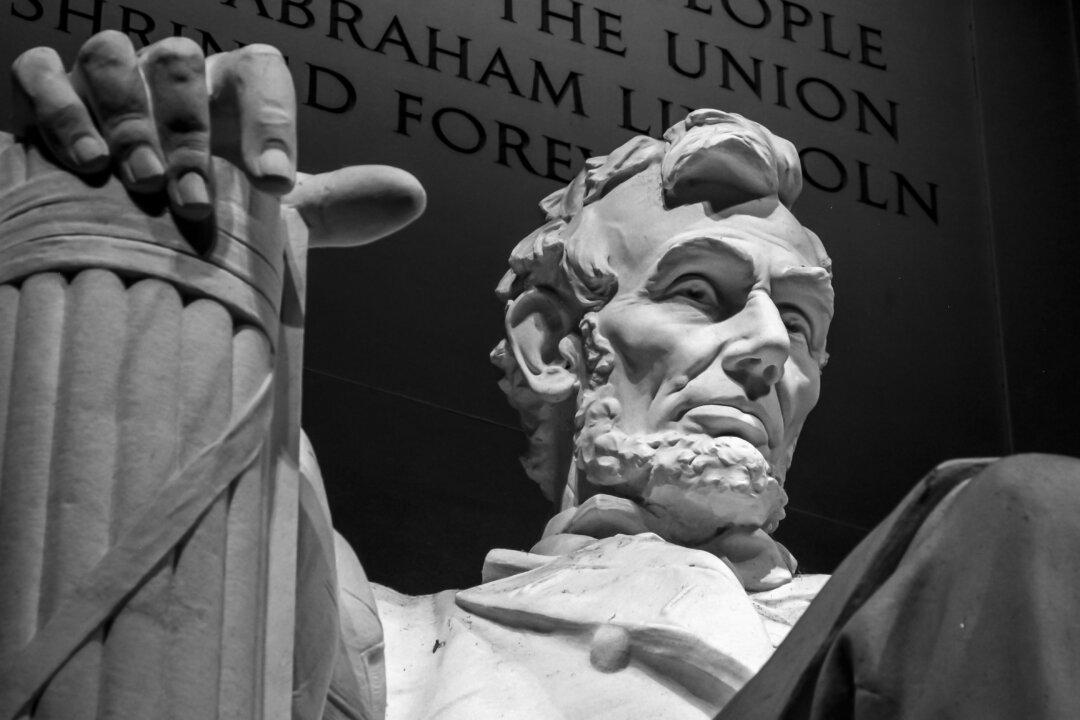Work and Labor (II)
Property is the fruit of labor ... property is de-sirable ... is a positive good in the world. That some should be rich shows that others may become rich, and hence is just encouragement to industry and enterprise. Let not him who is houseless pull down the house of another; but let him labor diligently and build one for himself, thus by example assuring that his own shall be safe from violence when built.
—Reply to New York Workingmen’s Democratic Republican Association; March 21, 1864
Labor is prior to and independent of capital. Capital is only the fruit of labor, and could never have existed if labor had not first existed. Labor is the superior of capital, and deserves much the higher consideration.
—Message to Congress; December 3, 1861
Labor is like any other commodity in the market—increase the demand for it, and you increase the price for it.
—Message to Congress; December 1, 1862
When one starts poor, as most do in the race of life, free society is such that he knows he can better his condition; he knows that there is no fixed condition of labor, for his whole life.
—Speech at New Haven, Connecticut; March 6, 1860
No men living are more worthy to be trusted than those who toil up from poverty, none less inclined to take or touch aught which they have not honestly earned.
—Message to Congress; December 3, 1861
This is a world of compensation; and he who would be no slave, must consent to have no slave.
—Letter to Henry L. Pierce, & Others; April 6, 1859
I don’t believe in a law to prevent a man from getting rich; it would do more harm than good. So while we do not propose any war upon capital, we do wish to allow the humblest man an equal chance to get rich with everybody else.
—Speech at New Haven, Connecticut; March 6, 1860
The Labor of Learning
Thoughtful men must feel that the fate of civilization upon this continent is involved in the issue of our contest. Among the most satisfying proofs of this conviction is the hearty devotion everywhere exhibited by our schools and colleges to the national cause.
—Letter to John Maclean; December 27, 1864
In all this, book-learning is available. A capacity, and taste, for reading, gives access to whatever has already been discovered by others. It is the key, or one of the keys, to the already solved problems. And not only so. It gives a relish, and facility, for successfully pursuing the yet unsolved ones.
—Address at the Wisconsin State Fair; September 30, 1859
Upon the subject of education, not presuming to dictate any plan or system respecting it, I can only say that I view it as the most important subject which we as a people can be engaged in.
—Open letter to the People of Sangamo County; March 9, 1832
Let reverence for the laws, be breathed by every American mother, to the lisping babe, that prattles on her lap; let it be taught in schools, in seminaries, and in colleges; let it be written in Primers, spelling books, and in Almanacs; let it be preached from the pulpit, proclaimed in legislative halls, and enforced in courts of justice. And, in short, let it become the political religion of the nation; and let the old and the young,
the rich and the poor, the grave and the gay, of all sexes and tongues, and colors and conditions, sacrifice unceasingly upon its altars.
—Speech to the Young Men’s Lyceum; January 27, 1838
Mr. Clay’s lack of a more perfect early education, however it may be regretted generally, teaches at least one profitable lesson; it teaches that in this country, one can scarcely be so poor, but that, if he will, he can acquire sufficient education to get through the world respectably.
—Eulogy for Henry Clay; July 6, 1852





